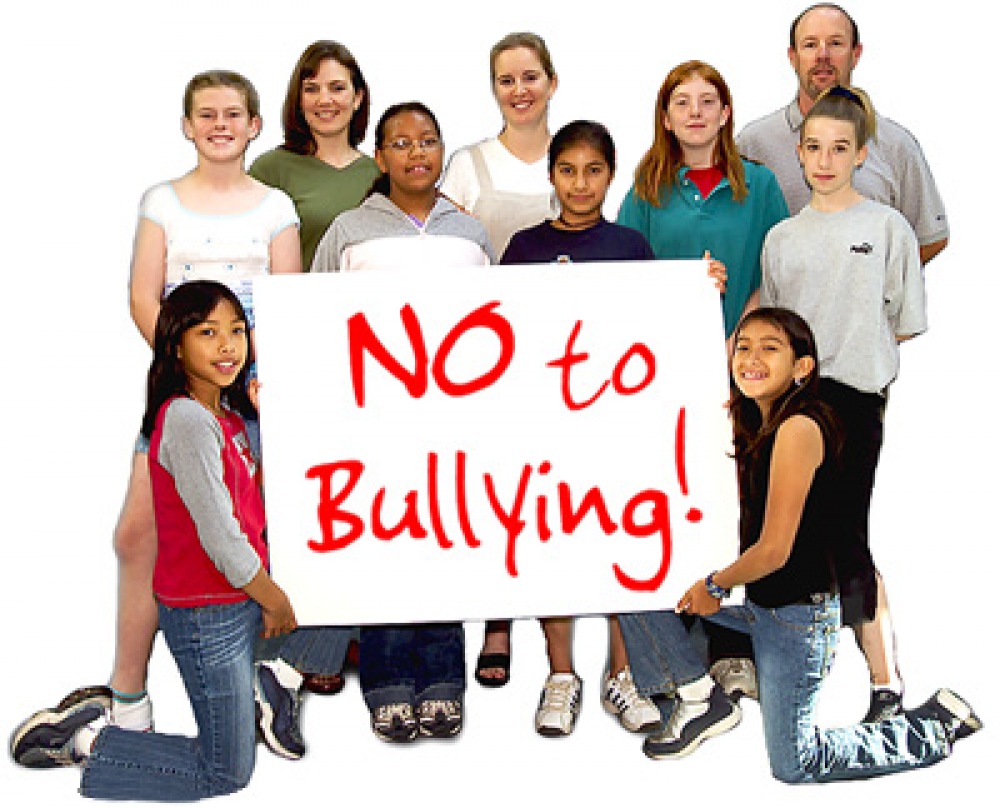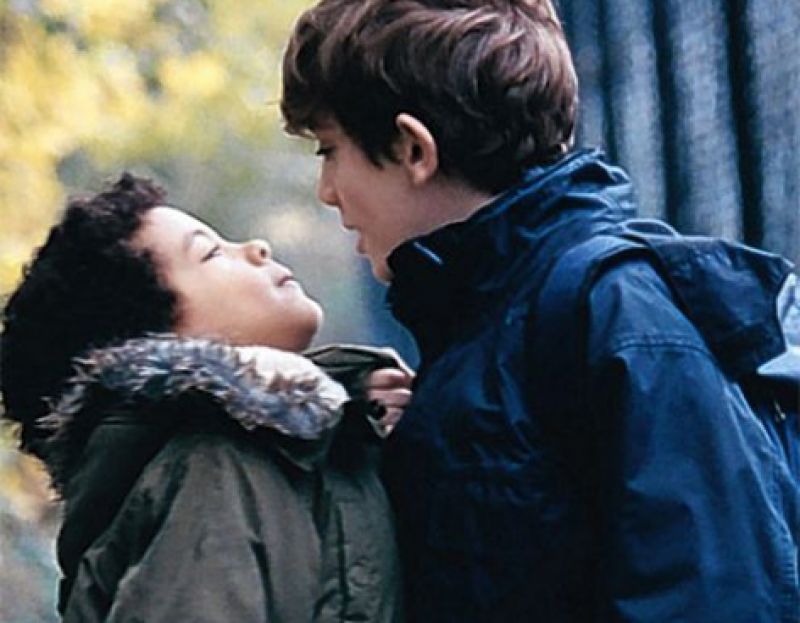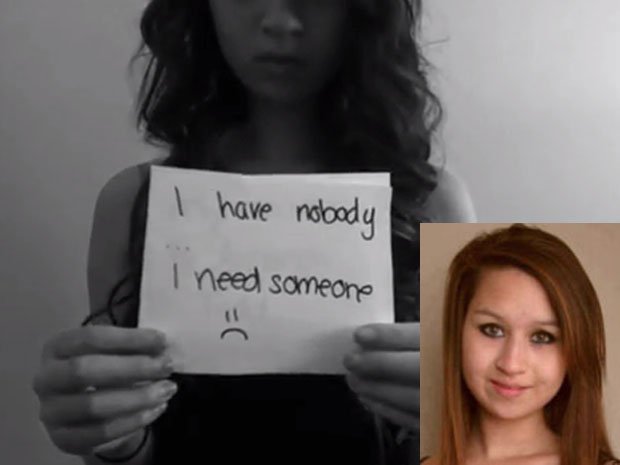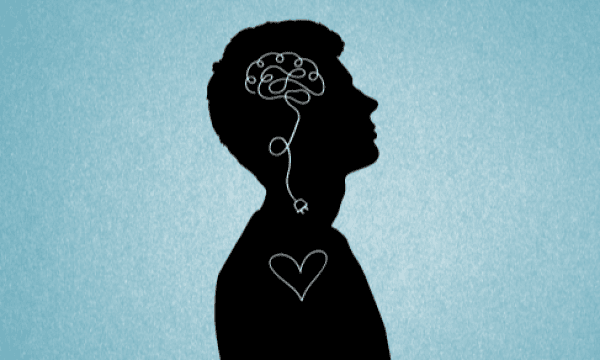
“Bullies make the world go round." – Chris Rock
Many young adults today will agree with the above statement– that although bullying is horrible, it is an essential part of growing up. In other words, it is seen as an integral rite of passage that everyone experiences to ultimately define that individual’s character. Bullying is unavoidable and inevitable.
Researchers are still trying to understand the long-term effects of childhood bullying. According to studies on victims of bullying as children, participants experienced both negative and positive aftermaths on their present day personalities. One particular study determined that although some participants experienced negative effects on their attitude, personality and health, others admitted that the experience helped build their character.
However bitter the experience, anyone who has been bullied will testify that although it was emotionally damaging, it definitely played a role in how they handle problems today – whether subconsciously or otherwise.

Why Can’t Bullying be Conquered?
Bullying behaviours originate deep in our evolutionary history and can be traced all the way back to Earth’s first inhabitants. Did you know that recent studies show T-Rex, the “King of the Dinosaurs”, may have preferred to eat young prey because they were easier to eat whole? (Steve Connor, Science Editor of The Independent)
So bullying has been happening forever! From Roman gladiators fighting in the Colosseum to King Herod trying to confine Jesus to slavery all the way to what we see on reality TV today.
Bullying is not a recent concept. It exists because it is a primal and therefore unchanging part of human nature. It is more like a plague that has been here since the beginning of time – and the only solution is to find a way to deal with it. But how many different articles, protests, documentaries and calls to action must be made to properly approach bullying?

In my view, bullying cannot be abolished. However, it is being increasingly recognized and brought to the forefront. For example, the government of Ontario has proposed new legislation (ARPA) in an attempt to curb bullying in schools. The media is also recognizing the issue of bullying. The controversial movie Bully released early this year stands as a powerful call to action on the issue. Many of today’s TV sitcoms and dramas also stigmatize bullying, thereby discouraging youth from resorting to it – in the popular drama Glee bullying is portrayed as “uncool.”
Unfortunately bullying is primal – and an unchanging part of "human nature."
Cyber-Bullying
Prior to Facebook, Twitter, YouTube and texting, the bullying we endured occurred mainly at school or in playgrounds. Today, children have no real escape because of the cyber-bullying many experience through various social media.
Everyone is now familiar with the recent consequence of cyber-bullying with the Amanda Todd case. Her story is a devastating one that many youth may experience. Amanda Todd's personal YouTube video, created weeks before her suicide, presented a very real cry for help from bullying.

Suddenly, there is now a debate on who is to blame for this tragedy. Are we to blame social media because it was the cause that provided the means for the bullying to occur? Are the parents to blame for not monitoring her daughter’s activities on the internet? Are the peers at fault for not being supportive? Or does it come down to the person who actively did the bullying? We can all present many arguments on who's to blame but the real issue is how we could we prevent this outcome now.
Tamil Community in Canada
“According to social scientists the common causes of bullying are rooted in diversity.” – Deb Cappone, 2006
Many of us who were raised as first generation Tamils in a Western environment have fallen victim to bullying. Many of us at some point may have been called “Paki”, “Fresh off the Boat”, “Refs” or picked on because of our skin colour and cultural differences. And when trying to assimilate, we are teased for being an “Oreo”, “white-washed” and so forth. Or perhaps we took the role of the bully instead for some reason or another. Regardless, it is not an issue that is unfamiliar to the Tamil community.
Violence is a great factor in the Tamil-Canadian community. A study on partner violence found that wife abuse was common in the Toronto Tamil diaspora. Immigrants make easy targets for bullies because they tend to be more vulnerable, especially when adapting to an unfamiliar environment with very different customs from what they are used to.
If you can't defeat them... Join against them!
One of the best ways to deal with bullying is to support the victims and show a united front. This does not mean we should create gangs for defense or retaliate because then we become the bully, and that won’t make us any better. However, supporting someone who is bullied or ostracized shows that they are not alone; they should not feel vulnerable and are no longer the minority in the situation.

Today, we are aware of bullying. It is being recognized and addressed. Identifying and confronting bullying with group support can prevent it from escalating or continuing, and that call for action is what ultimately will make a major difference.
Photo credit: Ann Jaimi Alexander

























